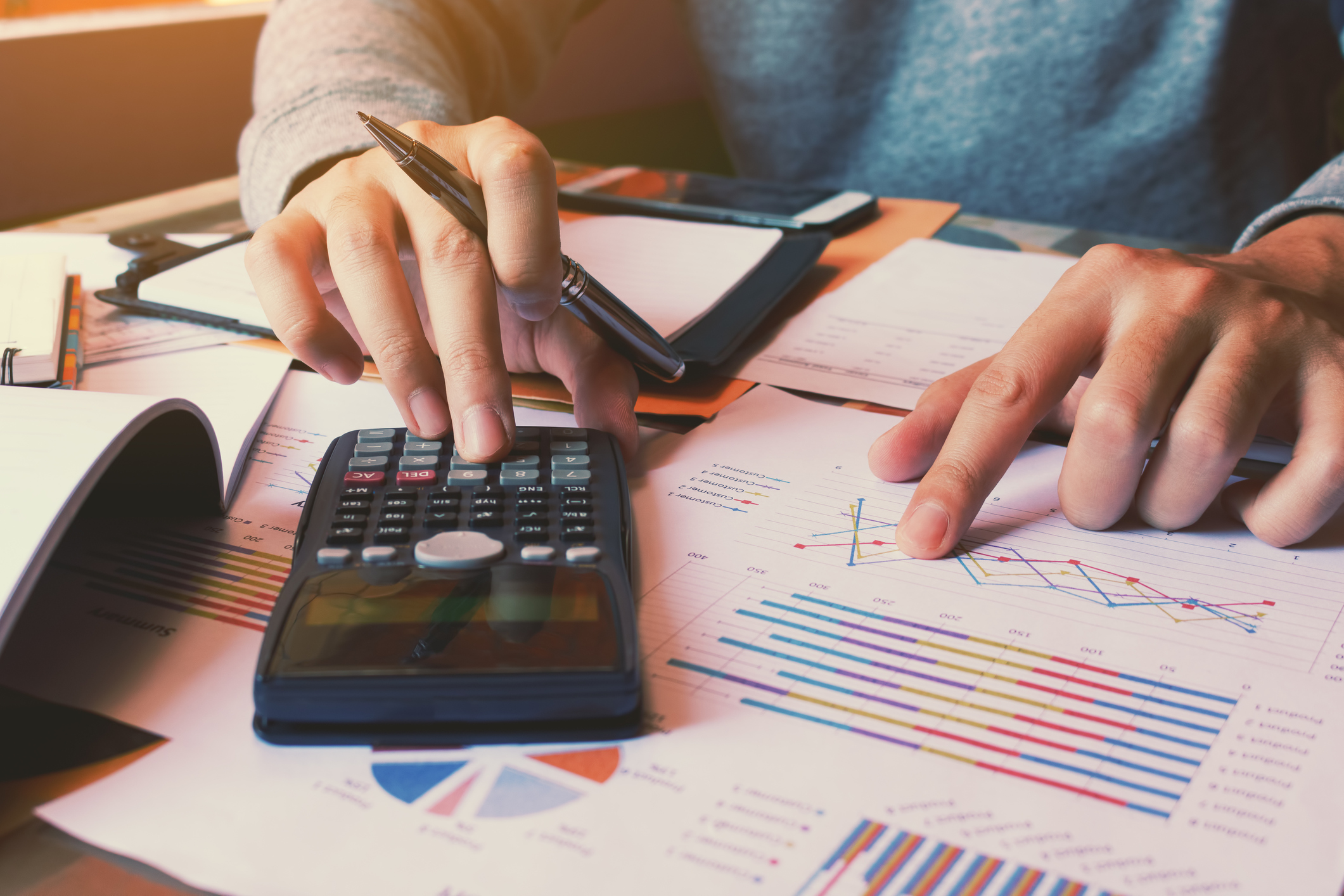Paying tax on property rental income
Will I have to pay tax?
It is very likely that you will have to pay tax even with a small property portfolio. If you are a full-time landlord HMRC will treat this as a business and tax accordingly. If you work and let out a few properties it is more likely that you will pay income tax on the rental income.
Calculating income
Income tax will have to be paid on profit generated by your personal allowance which is £12.570 up to and including 2025-26.
You can work out your tax liability by looking at rental income and deducting allowable expenses. Rental income includes money made from:
- Rent money paid by tenants
- Utility costs (e.g. gas, electricity, water)
- Fees for cleaning communal space
- Parking fees
- Additional income for the use of furniture
When working out profit the income and expenses from your portfolio can be amalgamated which means that one property’s income can be offset against another property’s income. Foreign properties need to be reported separately.
Calculating expenses
Provided expenses were incurred wholly and exclusively for renting out your property, they can be deducted from rental income. Make sure you keep the receipts of expenses for up to 6 years as HMRC may ask for proof.
- Insurance (including landlord insurance)
- General property repairs and maintenance
- Water rates, council tax (unoccupied property), gas and electricity
- Interest on the mortgage used to buy the property
- Letting agent and management fees
- Accountant’s fees
- Legal fee for lets less than 1 year old or renewing a lease less than 50 years old
- Rents (if you are subletting), ground rents and service charges
- Wages of hired help and other services
- Household costs (e.g. phone calls, stationery, advertising expenses)
- Vehicle running costs (the portion used solely for your rental business)
Some expenses are not classes as allowable for landlords including:
- Home improvement costs
- The full amount of your mortgage payments
- Private phone calls
- Clothing
- Personal expenses
Reporting rental property income to HMRC
The tax year runs from 6th April to 5th April but tax returns do not have to be filed online until 31st January the year after. The date for registering to complete self-assessment for the first time is 5th October in the year after collecting rental income.
If total earnings are less than £2500 HMRC may be able to collect tax owed through the PAYE system, for advice on this option contact their help line.
Paying tax on property sales
Capital Gains Tax is payable on the sale of a secondary residential property if the gain is above the tax free allowance for the tax year.
If you would like to review your insurance cover for your residential or commercial property portfolio please get in touch with the team at Lockyers or call 01924 278222.
Note: every effort has been made to ensure the above information is correct at the time of this article going online, however, we recommend that you seek professional tax advice when reviewing your current tax and income position and future tax planning strategies.


